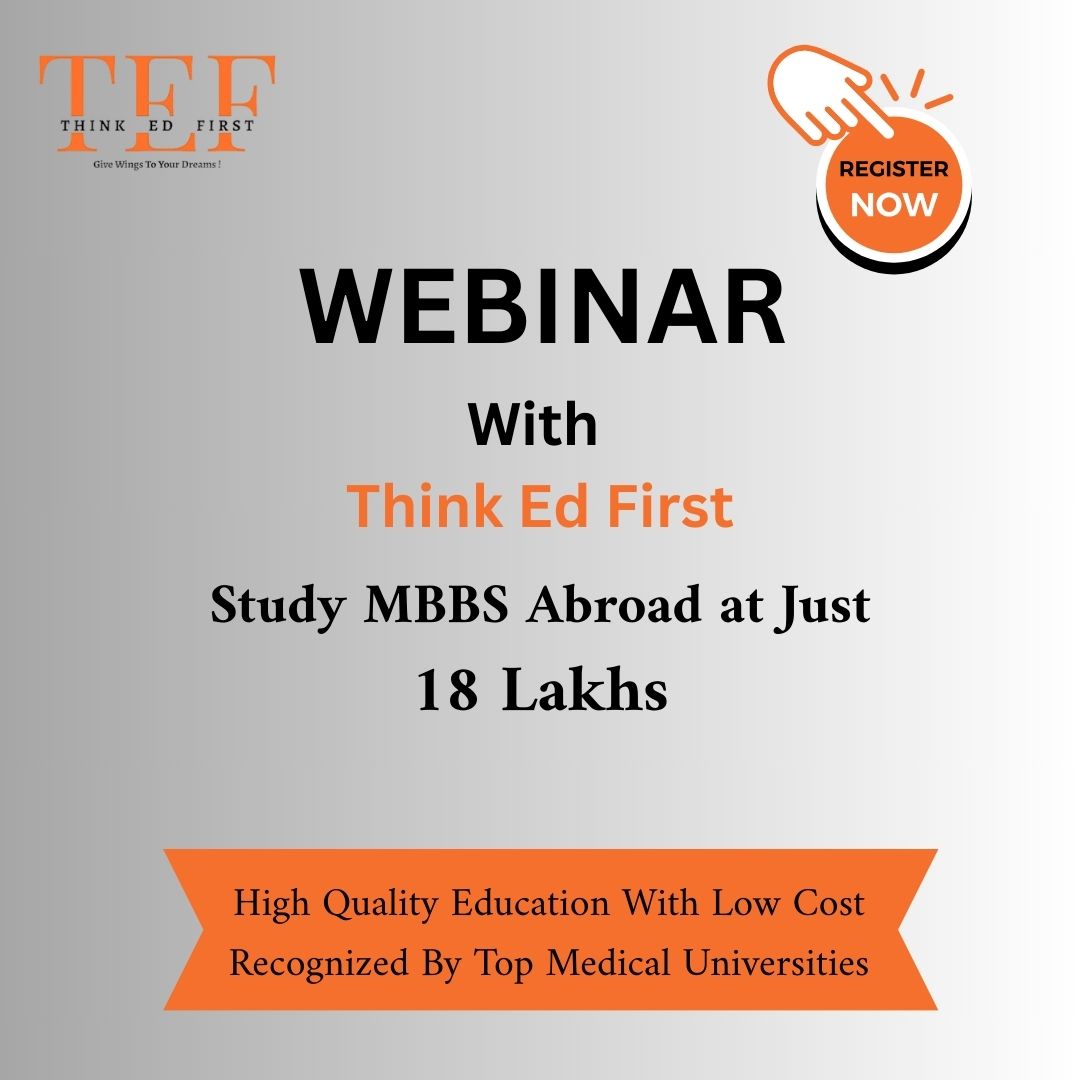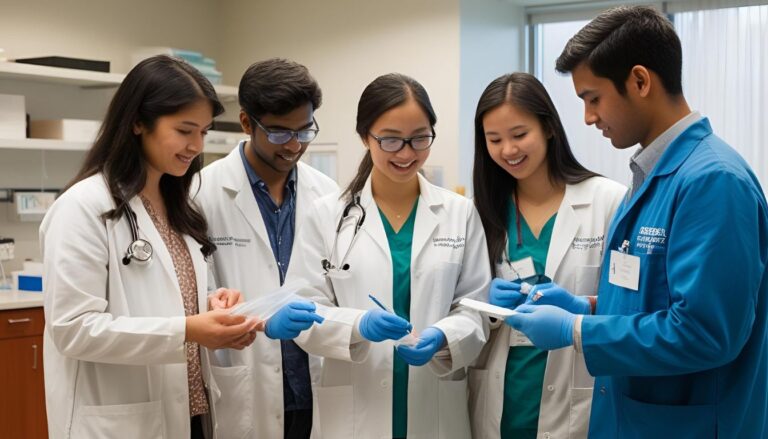What does it take to stand out in a highly competitive admissions process? With over 60 colleges accepting only 5,000+ students annually, securing a spot in a prestigious institution requires more than just academic excellence. The interview stage plays a critical role in determining your success.
We’ve designed this guide to help you navigate the entire process with confidence. From gathering essential documents to mastering strategies for the viva voce, our approach is comprehensive. You’ll also gain real-world insights from successful applicants and learn what admission committees truly expect.
Balancing strong academic credentials with interpersonal skills is key. This guide emphasizes the importance of preparation, practice, and staying organized. Whether you’re just starting or fine-tuning your approach, we’re here to support your journey.
Understanding the Bangladesh Medical College Interview Process
The interview stage is a pivotal moment in securing your place in a top institution. It’s not just about answering questions but demonstrating your fit for the program. Understanding the process is essential to performing well.
There are two main formats you might encounter: panel interviews and Multiple Mini Interviews (MMIs). Panel interviews typically involve 3-5 faculty members who assess your communication and critical thinking skills. MMIs, on the other hand, consist of several stations with different tasks or questions, testing your interpersonal abilities and ethical reasoning.
Here’s what you need to know about the process:
- Timeline: Interviews usually take place between November and March.
- Evaluation Criteria: Communication skills, ethical reasoning, and motivation are key areas of focus.
- Interview Approaches: Closed-file interviews require you to be prepared for any question, while open-file interviews may reference your application materials.
Non-verbal communication also plays a significant role. Your attire, demeanor, and cultural awareness can leave a lasting impression. This way, you can showcase your strengths and align with the institution’s values.
Meeting the requirements ensures a smooth process. Your experience will shape your responses, and practicing common scenarios can boost your confidence. The test evaluates critical thinking skills, so be ready to articulate your thoughts clearly.
Essential Documents for Your Interview
Gathering the right documents is the first step toward a successful application. Submitting accurate and complete paperwork ensures a smooth process and avoids unnecessary delays. We’ve compiled a detailed guide to help you stay organized and meet all requirements.
Academic Records and Certificates
Your academic records are a critical part of your application. Make sure to include SSC and HSC mark sheets, as well as any other relevant certificates. If you’ve studied abroad, notarized translations of your documents may be required. Double-check for errors or discrepancies, as these can lead to rejection.
Identification and Application Materials
Proper identification is essential. Bring a valid passport with at least six months of validity, along with your national ID. Include recent passport-sized photographs and a medical fitness certificate from a recognized hospital. For international applicants, additional documents like proof of English proficiency may be necessary.
Here’s a quick checklist of essential documents:
| Document Type | Details |
|---|---|
| Academic Records | SSC/HSC mark sheets, transcripts, notarized translations (if applicable) |
| Identification | Valid passport, national ID, passport-sized photos |
| Medical Certificate | Issued by a recognized hospital, includes fitness details |
| Additional Documents | Proof of English proficiency, NEET qualification (if applicable) |
According to recent data, 86% of rejected applications involve document. To avoid this, verify all information and ensure your documents are up-to-date. Proper preparation will help you focus on showcasing your strengths during the interview.
Bangladesh Medical Interview Preparation: Key Strategies
Success hinges on a well-thought-out approach to research and practice. These strategies can help you showcase your strengths and align with the program’s expectations.
Researching the College and Program
Understanding the institution’s mission and values is crucial. Start by analyzing their website to identify key priorities. Look for details about their curriculum, faculty, and unique offerings.
Connecting with alumni can provide valuable insights. They can share firsthand experiences and tips for tailoring your responses. This way, you can demonstrate alignment with the program’s goals.
Here’s how to make the most of your research:
- Review the college’s mission statement and core values.
- Explore recent healthcare developments to stay informed.
- Engage with current students or alumni for insider perspectives.
Practicing Common Scenarios
Mock interviews are a proven way to improve your performance. They help you refine your responses and build confidence. Focus on ethical dilemmas and situational questions to prepare effectively.
Role-playing with peers or professionals can simulate real-world challenges. Use the STAR method (Situation, Task, Action, Result) to structure your answers. This ensures clarity and coherence in your responses.
Consider these tips for effective practice:
- Create flashcards for ethical and situational scenarios.
- Role-play with a team to gain diverse feedback.
- Track your progress and refine your approach over time.
By combining thorough research with consistent practice, you’ll be well-prepared to make a lasting impression.
Dressing for Success: Interview Attire Tips
Your appearance can speak volumes before you even say a word. Studies show that 92% of admission committees note how appearance impacts first impressions. Dressing professionally is a simple yet effective way to showcase your readiness and confidence.
Here are some tips to help you make the right choice:
- Gender-Specific Attire: Men should opt for suits, slacks with a blazer, and a tie. Women can consider professional dresses or tailored suits. Make sure your outfit fits well and is comfortable.
- Prohibited Accessories: Avoid visible piercings, loud jewelry, or anything that might distract. Simple accessories like a watch or stud earrings work best.
- Grooming Standards: Keep hair neat and nails clean. For men, a clean-shaven look or well-groomed beard is ideal. Women should aim for minimal makeup.
- Cultural Considerations: If you wear religious attire like a hijab, ensure it aligns with professional standards. Make sure it complements your overall look.
- Weather-Appropriate Fabrics: Choose breathable fabrics like cotton or linen for warmer climates. In cooler weather, wool or blends can keep you comfortable.
Neutral colors like navy, charcoal, or cream are recommended for a polished appearance. These shades convey professionalism and are universally accepted. Additionally, closed-toe, comfortable shoes are a must. Avoid high heels or casual footwear.
Confidence and a positive demeanor enhance the impact of your attire. Research the institution’s dress code beforehand to align with their expectations. By paying attention to these details, you’ll present yourself in the best possible way.
Common Interview Questions and How to Answer Them
Knowing what to expect can make all the difference in your performance. Being ready for common questions helps you stay calm and articulate your thoughts clearly. We’ll break down the most frequently asked questions and provide tips for crafting strong answers.
Personal Motivation and Career Goals
One of the most common questions is, “Why medicine?” This is your chance to share your passion and commitment. Start by reflecting on your personal experiences. For example, you might talk about a childhood admiration for doctors or a specific event that inspired you.
When discussing career goals, be realistic and specific. Avoid vague statements like “I want to help people.” Instead, focus on tangible aspirations, such as specializing in a particular field or contributing to public health initiatives. Here’s a framework for answering effectively:
- Connect to the College: Highlight why their program aligns with your goals. Mention unique offerings or faculty expertise.
- Show Growth: Share how your experiences have shaped your decision to pursue this path.
- Avoid Red Flags: Stay positive and avoid criticizing others or making unrealistic claims.
Ethical and Situational Questions
Ethical dilemmas are a staple of these interviews. You might be asked, “What would you do if you discovered someone cheating?” or “How would you handle a patient who disagrees with your diagnosis?” These questions test your integrity and problem-solving skills.
Use the STAR method (Situation, Task, Action, Result) to structure your answers. For example, if asked about a mistake in patient care, explain how you would take responsibility, communicate openly, and implement measures to prevent future errors.
Here are some examples of recent ethical questions:
- “How would you handle limited resources during a crisis?”
- “What is your biggest fear, and how do you face it?”
- “How do you define empathy, and why is it crucial in healthcare?”
By preparing thoughtful answers and practicing scenarios, you’ll be ready to tackle any question with confidence.
Tips for Staying Calm and Confident During the Interview
Staying calm during high-pressure moments can significantly impact your performance. We’ve compiled practical tips to help you manage stress and project confidence. These strategies are designed to ensure you’re at your best when it matters most.
One effective way to reduce anxiety is the 4-7-8 breathing technique. Inhale for 4 seconds, hold for 7 seconds, and exhale for 8 seconds. This simple exercise can calm your nerves and improve focus. Another powerful method is power posing. Standing in a confident posture for two minutes can boost your confidence by 20%.
Here are additional tips to help you stay composed:
- Mindfulness Exercises: Practice meditation or deep breathing before the session to clear your mind.
- Managing Physical Symptoms: If you feel sweaty or shaky, take slow breaths and focus on positive thoughts.
- Eye Contact: Maintain appropriate eye contact to show attentiveness and confidence.
- Technical Glitches: For virtual sessions, test your equipment beforehand and have a backup plan.
- Cultural Norms: Address faculty members respectfully, following local customs.
These techniques not only help you stay calm but also improve your overall health by reducing stress. By incorporating these tips, you’ll be better prepared to handle challenges and achieve positive results.
| Tip | Description |
|---|---|
| 4-7-8 Breathing | Inhale for 4 seconds, hold for 7 seconds, exhale for 8 seconds. |
| Power Posing | Stand confidently for 2 minutes to boost self-assurance. |
| Mindfulness | Practice meditation or deep breathing to stay focused. |
| Eye Contact | Maintain steady eye contact to show confidence. |
| Technical Prep | Test equipment and have a backup plan for virtual sessions. |
By following these tips, you’ll approach the process with confidence and poise. Staying calm under pressure is a skill that will serve you well, not just in this situation but throughout your career.
What to Do After the Interview
The steps you take after the interview can influence the final outcome. A thoughtful follow-up can leave a positive impression and keep you informed about your application status. Here’s how to navigate this crucial phase effectively.
Start by sending a thank-you note. Studies show that 68% of applicants send these notes, and they can make a difference. Keep it professional and concise. Mention specific points from the discussion to show your attentiveness. Here’s a simple template:
- Subject: Thank You for the Opportunity
- Body: Express gratitude, highlight key takeaways, and reiterate your enthusiasm.
- Closing: End with a polite sign-off and your contact information.
Next, track your application through the admission portal. Most institutions provide updates within 4-6 weeks. If you don’t hear back, consider reaching out to the helpline for information. Be polite and patient when making contact.
If you’re placed on a waitlist, stay proactive. Update your application with any new achievements or qualifications. This step can demonstrate your continued interest and dedication.
For those with multiple acceptances, ethical considerations are important. Notify the institutions you won’t attend promptly. This opens up opportunities for other applicants and maintains professionalism.
Finally, if accepted, plan a campus visit. This is your chance to explore the facilities, meet faculty, and connect with future peers. It’s also a great way to confirm if the program aligns with your goals.
By following these steps, you’ll ensure a smooth post-interview process. Thoughtful actions can strengthen your application and leave a lasting impression.
Conclusion
Your journey toward achieving your goals in the field of health and education requires careful planning and dedication. By organizing essential documents and adhering to preparation timelines, you set a strong foundation for success. Remember, it’s not about perfection but consistent effort and focus.
We invite you to explore our exclusive simulation platform to practice and refine your skills. With upcoming admission deadlines, now is the time to take action. For personalized guidance, consider our coaching sessions tailored to your needs.
This process is about showcasing your potential and aligning with your aspirations. Stay committed, and you’ll see the results of your hard work. Let us support you in making your dreams a reality.





